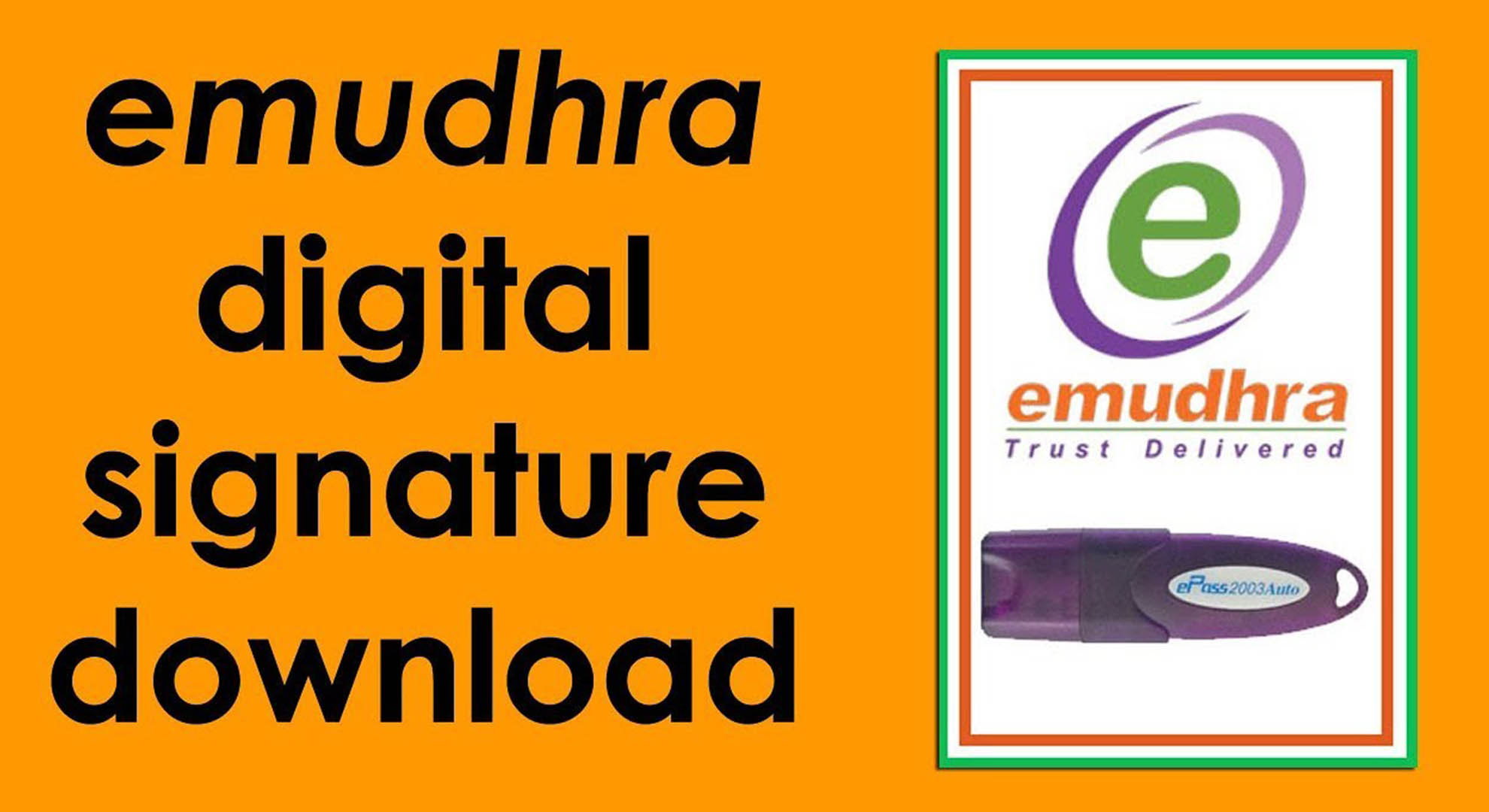
Digital Signature
A Digital Signature Certificate is a secure digital key that is issued by the certifying authorities for the purpose of validating and certifying the identity of the person holding this certificate. Digital Signatures make use of the public key encryptions to create the signatures.
A digital signature certificate (DSC) contains information about the user’s name, pin code, country, email address, date of issuance of certificate and name of the certifying authority.
Certifying Authorities for Digital Signature Certificate
The Controller of Certifying Authority for the purpose of issuing digital signatures in India has authorized eMudhra as one of the certifying authority for issuance of Digital Signature Certificate.
Other certifying authorities may include (n) Code Solutions, National Informatics Centre, Safescrypt and Institute for Development and Research in Banking Technology.
Classes of DSC
The type of applicant and the purpose for which the Digital Signature Certificate is obtained defines the kind of DSC one must apply for depending on the need. There are three types of Digital Signature certificates issued by the certifying authorities.
Class 1 Certificates: These are issued to individual/private subscribers and are used to confirm that the user’s name and email contact details from the clearly defined subject lie within the database of the certifying authority.
Class 2 Certificates: These are issued to the director/signatory authorities of the companies for the purpose of e-filing with the Registrar of Companies (ROC). Class 2 certificate is mandatory for individuals who have to sign manual documents while filing of returns with the ROC.
Class 3 Certificates: These certificates are used in online participation/bidding in e-auctions and online tenders anywhere in India. The vendors who wish to participate in the online tenders must have a Class 3 digital signature certificate.
Benefits of a digital signature certificate
Digital Signature Certificates are helpful in authenticating the personal information details of the individual holder when conducting business online.
Reduced cost and time: Instead of signing the hard copy documents physically and scanning them to send them via e-mail, you can digitally sign the PDF files and send them much more quickly.
The Digital Signature certificate holder does not have to be physically present to conduct or authorize a business
Data integrity: Documents that are signed digitally cannot be altered or edited after signing, which makes the data safe and secure.
The government agencies often ask for these certificates to cross-check and verify the business transaction.
Authenticity of documents: Digitally signed documents give confidence to the receiver to be assured of the signer’s authenticity. They can take action on the basis of such documents without getting worried about the documents being forged.



